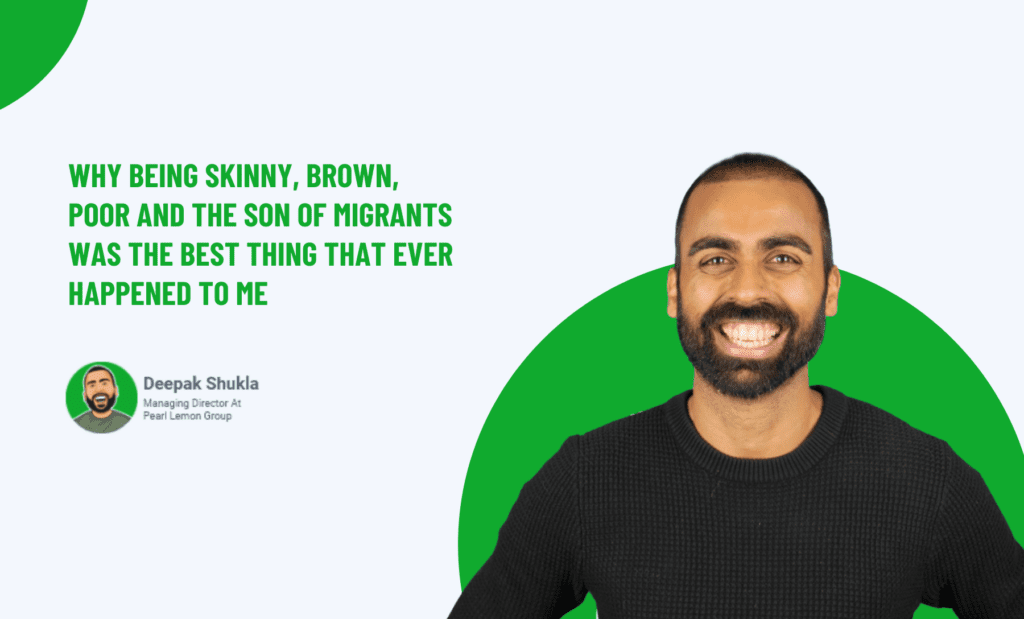Hey guys,
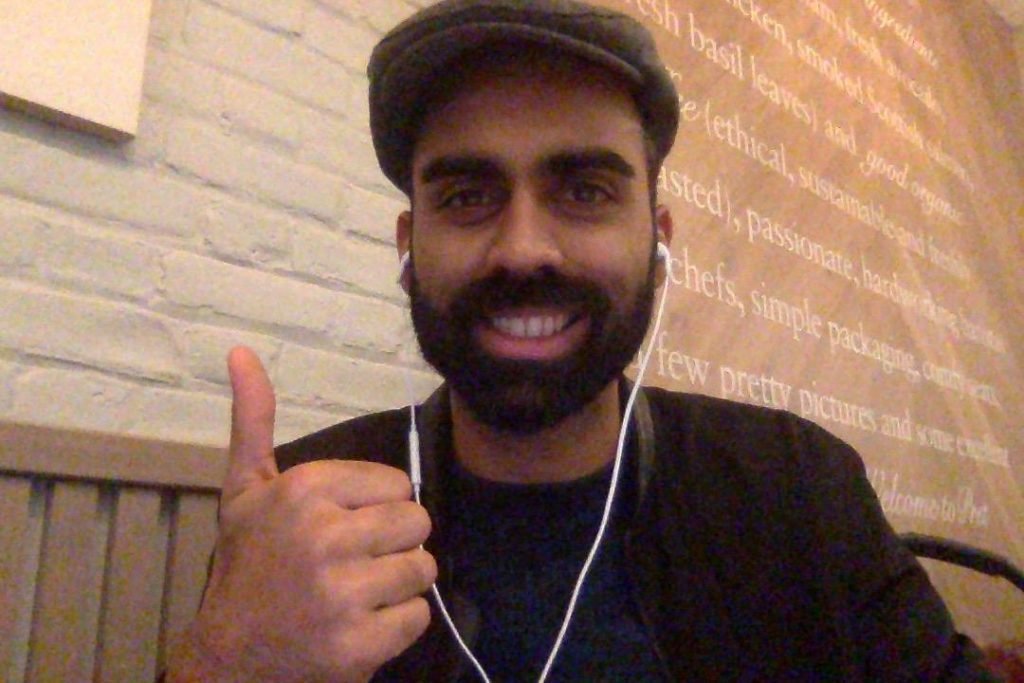
The time is 11.38 am and I’m sitting in a Pret A Mange in Westfields whilst Daniela goes shopping. I was meant to be going shopping with her.
But then I saw my credit card bills come in and I absolutely sh*t my pants and decided it’s time to get my head down and get some work done.
And it ties in nicely with what I want to talk about today.
I’m a lanky (186cm) Indian kid who had that same ‘tash’ you see in the picture when I was 14 years old.
And I had a cracking set of braces/train tracks across my teeth.
I’ll need to find a picture to show you the 14-year-old ‘braced’ me. Alongside the fact that my parents raised us (Yiewsley) in a working-class, council house and that ‘saving money’, ‘wasting nothing’ and ‘working hard’ were mantras in my household.
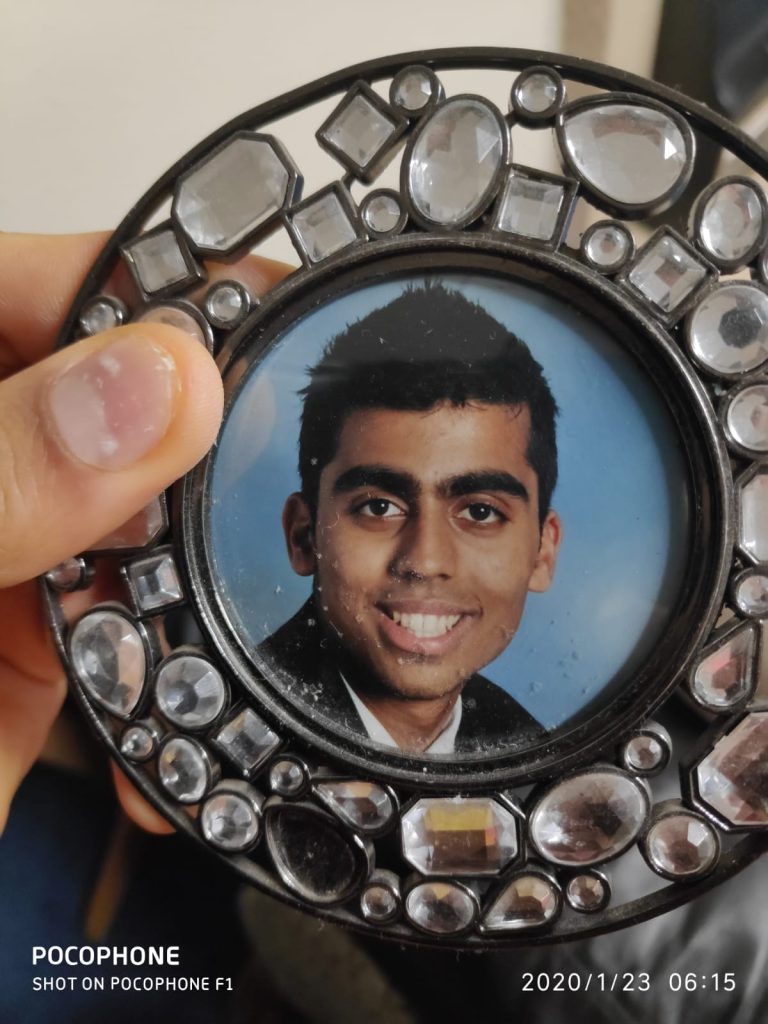
My parents came from rural India, and have been used to a life of poverty.
That meant growing up in the UK near Heathrow Airport (a great place for unskilled economic migrants to find work) was an ideal place to settle.
And having 5-children starting from the age of 15 years old with no formal education to back them – my parents had to ultimately pull 100-hour workweeks to survive.
My dad is 63 years old, trains for an hour every day in the mornings (Yoga, bodyweight exercises) and then go out to work 8-12 hour shifts.
He trains 7 days a week. He’s a beast.
My mum also worked all hours under the sun to make things work – and has been at work with no maternity leave or breaks since she was 16. She has just always been shift-working like my father.
And it just so happened that the school I went to from 1997 – 2002 (Evelyns Secondary School – now renamed to Stockley Academy) was amongst the worst schools in the country:
Here’s a report I found from 2013 showing the rebrand/takeover into Stockley Academy didn’t change much!
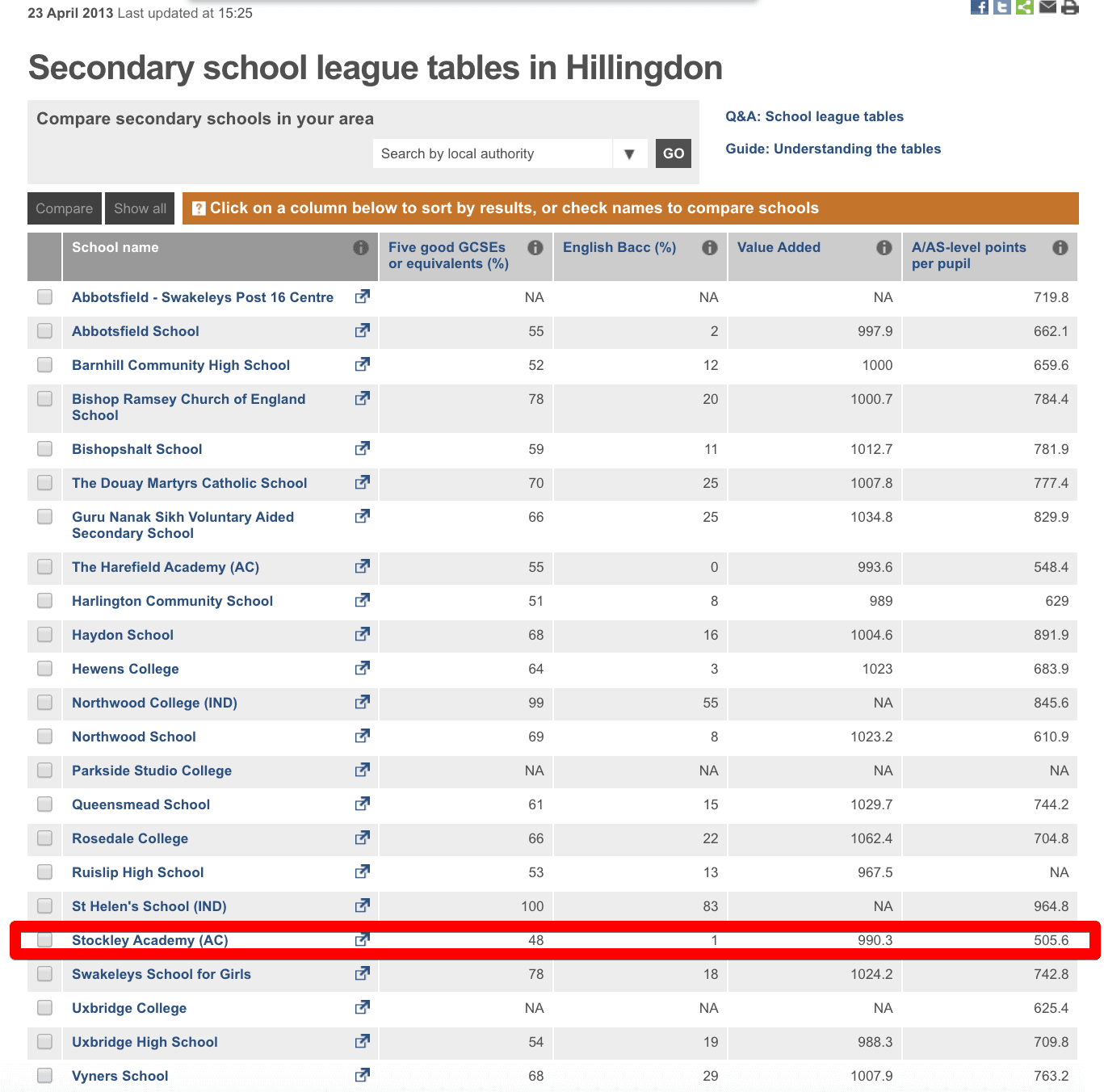
Yiewsley – our home – was ultimately white working class, and being British Indian (and one of <5% of ethnic minorities in the school)…fitting in wasn’t easy.
So why am I telling you all of this?
Because this meant a couple of things:
- Dating was going to be hard
- Fitting in was going to be hard
- Captaining the school football team was going to be hard
- Succeeding…was going to be hard
Regardless of your ethnic background – the simplest way to identify with this – is to think about an environment where you are the odd one out.
Short, overweight, acne, braces, glasses – common examples of things that would make you stand out in an awkward way from the general norm.
And then if you assume that you’re part of a very small minority or rather one that’s very obvious…
Now try to imagine carrying this with you – everywhere you go.
You can then understand (to some degree) how your difference becomes part of your identity.
The most obvious example was when I was doing my Special Forces application and there was the British concept of the grey man – i.e of being hidden in plain sight.
When you’re doing drills on sea or on land…being the only Indian guy there makes it very difficult to not stand out.
_____________________________
With all of this being said >
I’m so glad that this was the environment I was raised in.
(Looking back at it at least anyway)
After a lot of therapy and the therapeutic journey of putting something like this together, I can now see what my upbringing has given me
My parents didn’t have the time (or reference points – they got married at 11 & 13) to teach/inform me about growing up.
My sister and I whom I grew up with didn’t get along at all (often we still don’t :P)
My other siblings (I’m the youngest of 5) are more than 10 years older than me so when I was in my teens and even primary school…it was up to me to figure things out.
They just weren’t around much
[convertful id=”197358″]
On me to sink or swim.
And if I wanted anything…it would need to be from the money I earned myself and from the sweat of my own labour.
That was the norm in the area I grew up in.
My school was terrible, no one had much money and my parent’s sole focus was to put us through school and to put food on the table.
There are several standout moments for me.
- Being kicked in the ribs on the floor by a couple of kids at my primary school St Matthews on lunch break in the playground and crying
- Heading to Evelyn’s for my first day at school and having part of my £1.50 for lunch money taken from me not 50 metres from my house
- Turning up to reception and dreading being bullied by 4 brothers who took to isolating and bullying the ‘mophead’
- Saying ‘come’ on then!’ when I was 14 and things came to a head with one particular bully – Frank, and him punching me in the face immediately and me doing my best to not cry my way through the rest of the day
Meanwhile, my dad was working constantly, (he did shift work as did my mum), so dinners together didn’t exist and that culture didn’t grow within us.
My father himself (Ram) in fact dropped out of Uxbridge college back when he came to the UK because of the racial taunts he received when he first tried to go and get an education
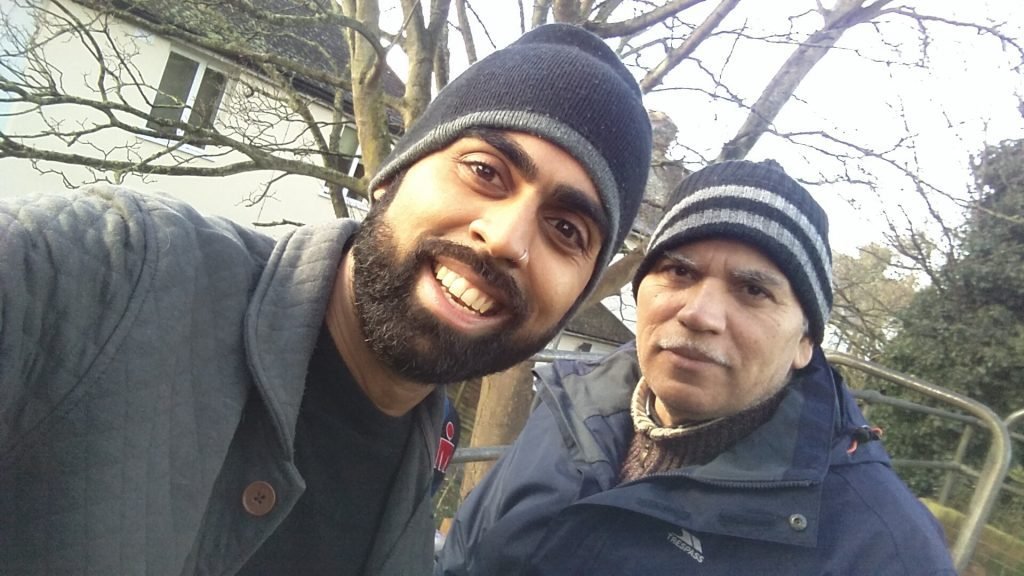
My dad and I in 2014
So everything was ultimately about working hard, succeeding, and building from the platform my parents gave me.
Looking back upon this; I definitely do so with a level of romanticism. It wasn’t fun mostly and I didn’t enjoy much of my childhood.
I was nervous, and awkward, didn’t feel I fit in that much and my life was about surviving.
And survival – as I could see from my parents – was complaining less, working hard, and making things happen.
And that is something that has definitely become a competitive advantage for me over time.
My parents work f*cking hard.
They have all their lives – as it was the only viable means they could see to escape poverty.
Small talk was nominal and pragmatic conversations were the main feature of how we engaged.
Life was about getting sh*t done.
And how well this approach has served me.
I’ve had my problems as I’ve grown up (and still do today) which I’ll go on to share with you – but I was also blessed with the ‘migrant working mentality’.
I keep my head down, expect no respite, no favours and no ‘emotional support’ from those around me – and I focus on driving forward.
It has bred within me a complete comfort with working extremely hard throughout my life, alongside fierce independence and desire to walk my own path.
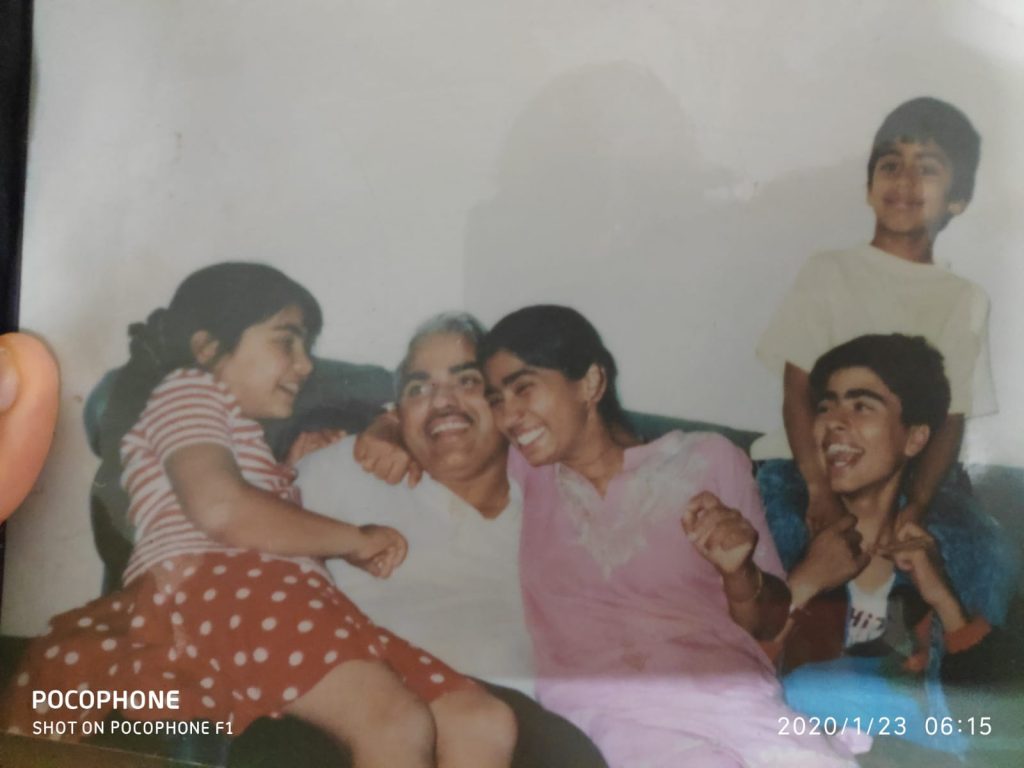
Crossing a bridge in the Brecon Beacons in 2012 – my first ultramarathon
It feels pretty weird writing this post because ‘working hard’ and ‘reflecting upon one’s assets, skills and achievements’ isn’t something that comes to me naturally.
It’s really just something that you do – and I’m sure many of you can relate.
But a bit more about my family –
Every week I go and stay with my folks, and I love that I have my father to look up to as a model for hard work.
He has woken up every day for the last 8 years now and exercises for 60 minutes before he starts his day (I needed to say this twice),
And he continues to work 40-60 hour works even when he no longer needs to.
Because….why not?
It is all he has known and he did all he could to provide for our family – alongside my mother.
Even writing this I feel a sense of burning responsibility within me that lights up my core.
An unrelenting desire to be successful and do whatever is necessary to make things work.
I really have my upbringing and my parents to thank for that.
And often time it, fortunately, means that whatever room I step into – I’m often the hardest worker in the room.
As I reflect upon this some more I can identify some key elements of this feeling of hard work:
My parents worked, weekdays, weeknights as well as weekends – so there has never been a distinct weekday Vs weekend divide.
The ongoing mantra inside my household was ‘buy it yourself’ and ‘you need to make a living’ Notice the mantra wasn’t ‘you need to get a job’ – it was merely a case of generating an income.
My achievements were often not recognised – the greater emphasis was always placed upon ‘what’s next?’.
I was an ethnic minority that had to work harder to even be considered a social equal.
___________________
All of this can send a kid any way at all I think.
To success, to failure or (for most people) to somewhere in the middle.
As I sit now thinking about what I’ve shared with you through the course of these newsletters I presume for me it’s been beneficial in helping shape me.
But underneath it all, I think there’s an even simpler fundamental at work here.
I have hardworking and happy parents who stood by me as I took certain risks in my life.
Not through anything they said – but through their actions.
From backpacking at 18, 20 and then 21, to quitting Deloitte and pursuing my music career to supporting my relationship with Daniela. Despite the occasional grumble – my parents were happy to allow me to beat my own path.
And that’s one of the central parts of my success – hard work, championing progress, having it harder than the average kid in my school and having the backing of my family.
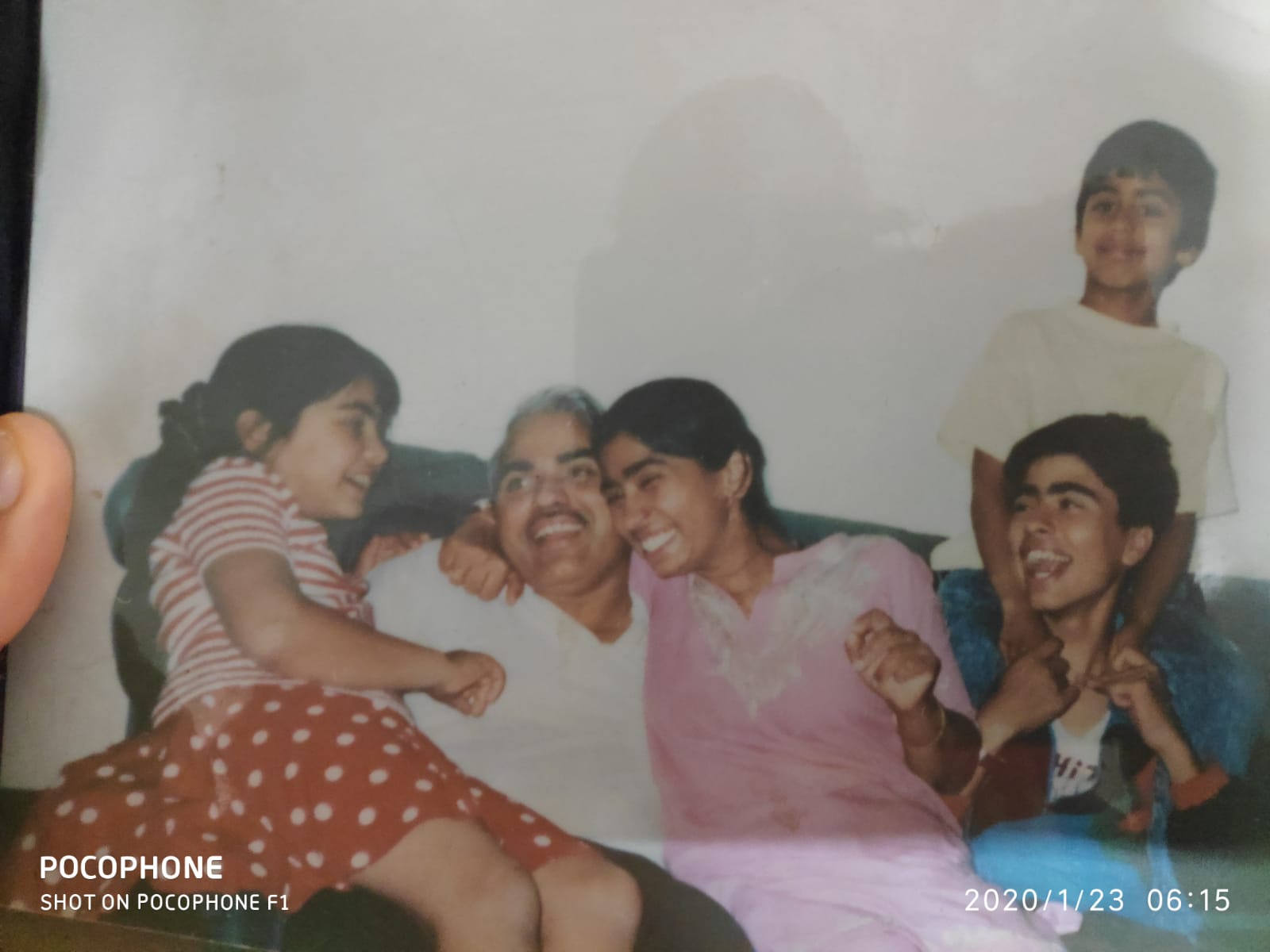
Which is why when I told my parents I’m going to try to hitchhike from London to Eastern Europe (almost as far as Russia)…they weren’t at all surprised…
That adventure you’ll hear about in the next email 😛

